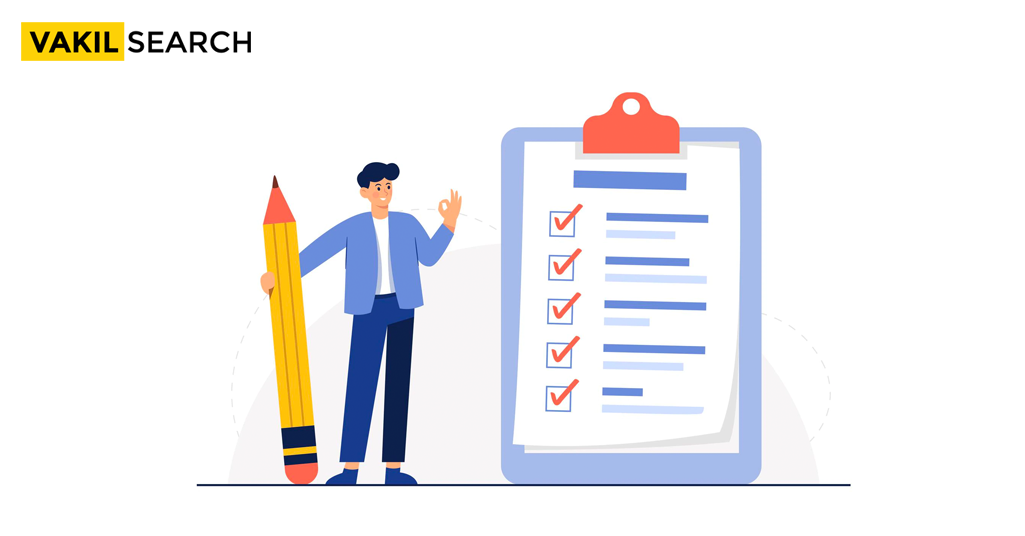

Table of Contents
In the bustling metropolis of Delhi, catering to the fundamental needs of its expansive population is a crucial mission. The Delhi government undertakes this challenge with the (Below Poverty Line) BPL Ration Card system, acting as a lifeline for citizens facing economic disadvantages.
This blog post delves into the pivotal role of the BPL Ration Card, shedding light on its significance in facilitating subsidized access to essential food items. Join us in comprehending the commendable efforts of the Government of Delhi to provide a safety net for its most vulnerable residents.
Ration Card Delhi – For those residing below the poverty line in Delhi, the BPL card serves as a crucial document. It not only validates your eligibility but also grants you access to discounted rates when purchasing essential goods. The application process for a BPL card involves a visit to your local food department office, where you’ll need to submit documents like proof of residence (passport or voter ID), proof of income (wages bill or bank statement), and a completed application form.
Even if you’re not a current resident of Delhi but are visiting the city, you can still apply for a Below Poverty Line ration card. However, to qualify, you must reside in an urban area and fall below the poverty line as per the 2011 census figures.
To acquire a Below Poverty Line (BPL) Ration Card in Delhi and access essential food items at subsidised rates, individuals and families must meet specific eligibility criteria outlined by the government. Here’s a breakdown:
If you live in Delhi and are below the poverty line, you may be eligible for a Below Poverty Line (BPL) card. A BPL card is an important document that provides many benefits, including free access to education and health care.
Here are some of the benefits of having a BPL card in Delhi:
To apply, visit the nearest government office, or you can trust Vakilsearch with the process.
All you need to do is provide your name, address, proof of identification, residence (usually a copy of your voter ID card or Aadhaar card), and income (your latest pay slip) to our experts and we will get the process started on your behalf!
The documents required to apply for a below poverty line ration card are listed below:
Securing a Below Poverty Line (BPL) Ration Card in Delhi is a hassle-free process. Follow these simple steps to ensure a smooth application:
Acquire the application form either from the Department of Food, Supplies, and Consumer Affairs or download it directly from the official website.
Complete the form meticulously, providing accurate details about family members, income, residential address, and essential identification proofs.
Compile all necessary documents, including income proof, residence proof, identification documents, and, if applicable, caste certificate. Ensure these are securely attached to the application form.
Submit the duly filled application form along with the supporting documents to the designated authorities. This can be done at the Department of Food, Supplies, and Consumer Affairs or any other authorised centres.
The authorities will carefully verify the submitted information and may conduct field visits if required. Once the details are confirmed, and your eligibility is established, the Below Poverty Line Ration Card will be approved and issued promptly.
The below poverty line ration card entitles its holder to a range of goods and services from selected shops and restaurants in the city. You can use your card at any time, including during festivals and holidays.
To apply for a below poverty line ration card, you first need to visit an authorized ration shop or agency.
If you are in Delhi and need help to apply for a Below Poverty Line ration card, be careful! There have been reports of people getting scammed by people posing as government officials. Instead of providing you with information about how to apply for the card, these scammers will ask for money up front. If you feel like someone is trying to scam you, don’t hesitate to ring up the authorities.
Individuals can access the online portal for Below Poverty Line Ration Card applications through the official website of the Department of Food, Supplies, and Consumer Affairs. Prerequisites include valid identification documents, residence proof, and accurate income details.
The online application process for Below Poverty Line Ration Cards is free of charge. There are no associated fees or charges. The government aims to ensure accessibility and support for economically disadvantaged individuals without imposing financial burdens.
Yes, applicants can track their online application status through the official portal. In case of delays or issues, individuals should contact the designated authorities at the Department of Food, Supplies, and Consumer Affairs for prompt assistance and resolution.
Applicants must meet specified income criteria, and age is not typically a determining factor. Income details are thoroughly verified through submitted documents during the application process, ensuring fair consideration for all eligible individuals and families.
Yes, individuals can apply for a Below Poverty Line Ration Card after relocating. Address verification is handled through the submission of valid residence proof documents. The government is committed to accommodating those who have recently moved to a new location or state.
Having a Below Poverty Line Ration Card entitles cardholders to subsidies on essential food items. These subsidies are distributed through the Public Distribution System, ensuring that eligible individuals and families receive support in acquiring basic necessities at subsidised rates.
Yes, helpline numbers and support services are available for individuals facing challenges during the online application process. Applicants can reach out to the Department of Food, Supplies, and Consumer Affairs helpline for guidance and assistance throughout the application procedure.
While the online application process typically doesn't involve biometric or in-person verification, authorities may conduct such verification if deemed necessary. In such cases, applicants will be informed about the process, ensuring transparency and adherence to the established guidelines.